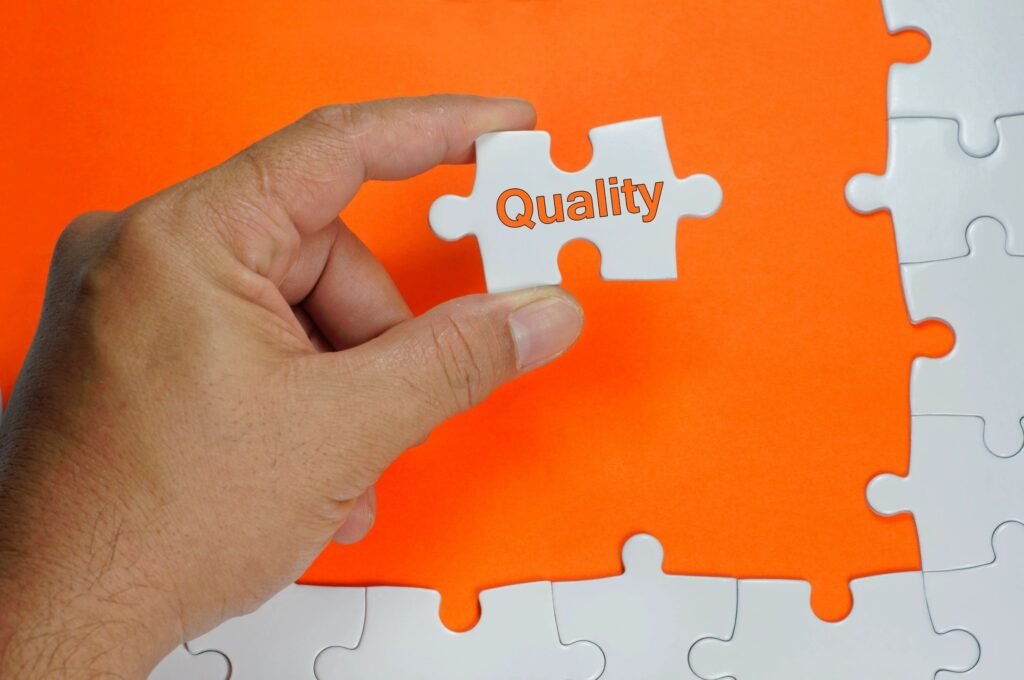
The Value of Quality Certification in a Competitive Marketplace
In today’s fast-paced and competitive business environment, staying ahead of the pack is more challenging than ever. With consumers increasingly seeking quality and reliability, the role of quality certification in setting businesses apart is paramount. In this blog post, we’ll explore why quality certification is not just a checkbox on a list of requirements but a strategic tool for gaining a competitive edge, building customer trust, and thriving in a fiercely competitive marketplace.
Quality Certification: A Competitive Advantage: Quality certification is a process that verifies a business’s commitment to providing products or services that meet the highest quality standards. It’s more than just compliance; it’s a pledge to excellence. By achieving quality certification, businesses demonstrate their dedication to quality and safety, setting themselves apart from competitors who may not share the same commitment. In a competitive marketplace, this commitment can be a distinct advantage.
Building Customer Trust: In a world where customers have numerous choices at their fingertips, trust is a valuable commodity. Quality certification is an emblem of trustworthiness. When a business proudly displays its quality certification, it reassures customers that the products or services they receive will meet or exceed their expectations. Trust breeds customer loyalty, and loyal customers are more likely to stay with a brand and recommend it to others.
Competing on Quality, Not Price: Quality certification allows businesses to compete based on quality, not just price. In the long run, competing solely on price often results in eroding profit margins and unsustainable business models. By offering products or services of the highest quality, businesses can justify premium pricing and create a buffer against price wars in the marketplace. This strategy leads to healthier profit margins and more sustainable growth.
Quality Certification and Brand Reputation: A strong reputation can propel a business to the forefront of its industry. Quality certification is a tangible way to enhance brand reputation. A business known for quality and reliability is likely to receive more positive press, recommendations, and word-of-mouth marketing. A strong brand reputation can lead to customer loyalty, increased sales, and a competitive advantage that’s hard to match.
Navigating the Certification Process: Achieving quality certification requires dedication and adherence to industry-specific standards and best practices. Choosing the right certification body is a crucial step. The certification body should be reputable, experienced, and well-recognized. Guidance from the certification body and investing in training for your team can make the process smoother and more effective.
Staying Competitive in a Dynamic Market: In a dynamic and ever-changing market, businesses must not view quality certification as a one-time achievement. It’s an ongoing process. Customers’ expectations evolve, regulations change, and technology advances. To stay competitive in the long term, businesses must adapt, continuously improve, and maintain their commitment to quality. Quality certification is a journey, not a destination.
Conclusion: In conclusion, quality certification is a powerful tool for businesses to gain a competitive edge in a market where quality and trust are paramount. It’s more than a badge; it’s a commitment to excellence that can lead to increased customer trust, higher profit margins, and a reputation for quality that sets a business apart. In the competitive landscape of today and tomorrow, quality certification is not just an option; it’s a strategic necessity for success.
